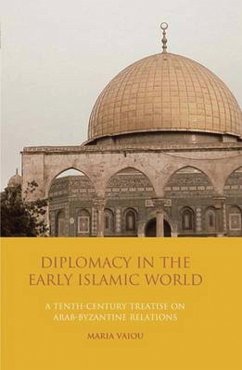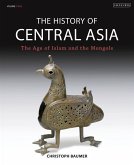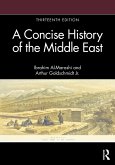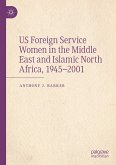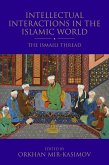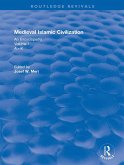Arab messengers played a vital role in the medieval Islamic world and its diplomatic relations with foreign powers. An innovative treatise from the 10th Century ("Rusul al-Muluk", "Messengers of Kings") is perhaps the most important account of the diplomacy of the period, and it is here translated into English for the first time. "Rusul al-Muluk" draws on examples from the Qur'an and other sources which extend from the period of al-jahiliyya to the time of the 'Abbasid caliph al-Mu'tasim (218-227/833-842). In the only medieval Arabic work which exists on the conduct of messengers and their qualifications, the author Ibn al-Farr rejects jihadist policies in favor of quiet diplomacy and a pragmatic outlook of constructive realpolitik. "Rusul al-Muluk" is an extraordinarily important and original contribution to our understanding of the early Islamic world and the field of International Relations and Diplomatic History.
Bitte wählen Sie Ihr Anliegen aus.
Rechnungen
Retourenschein anfordern
Bestellstatus
Storno

